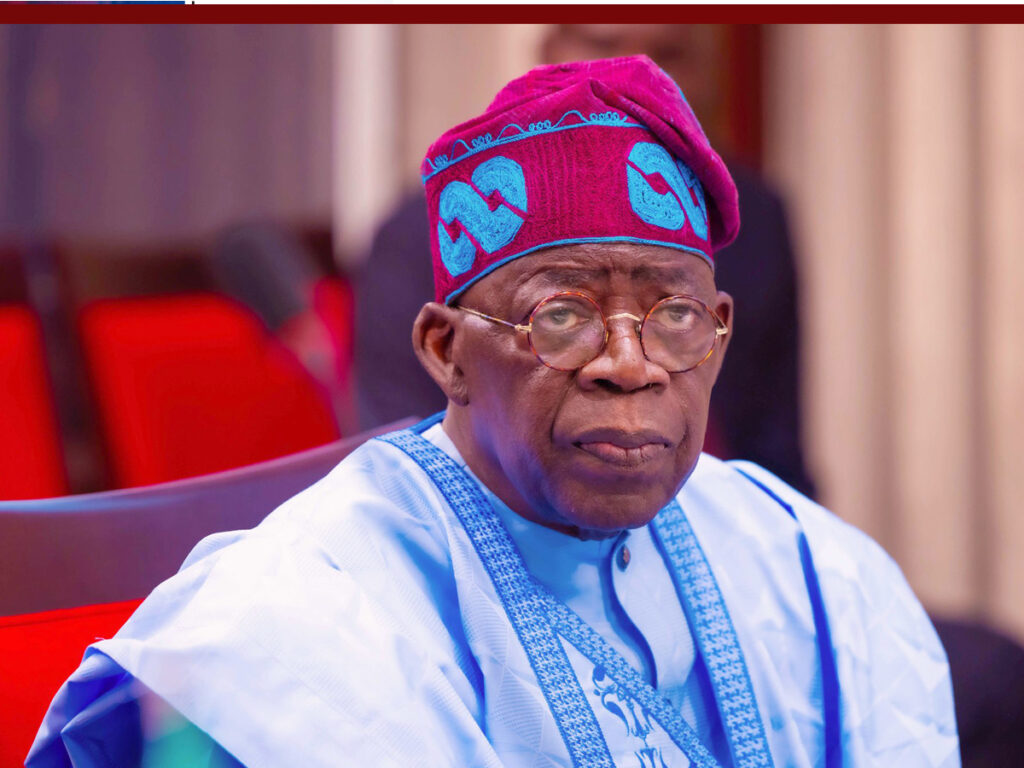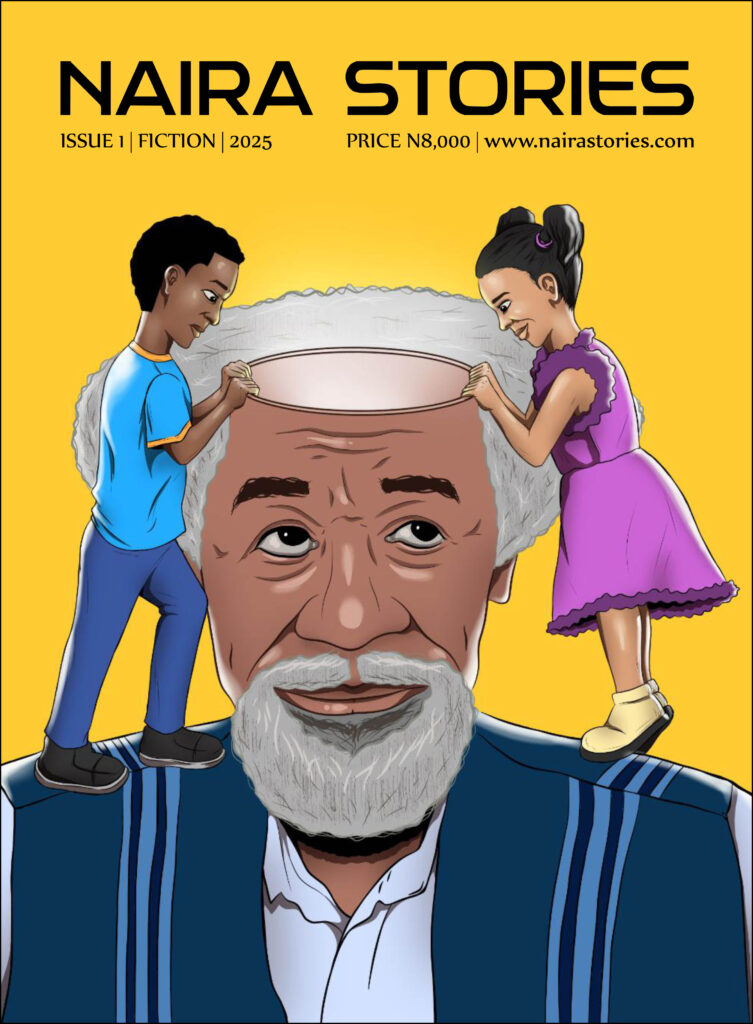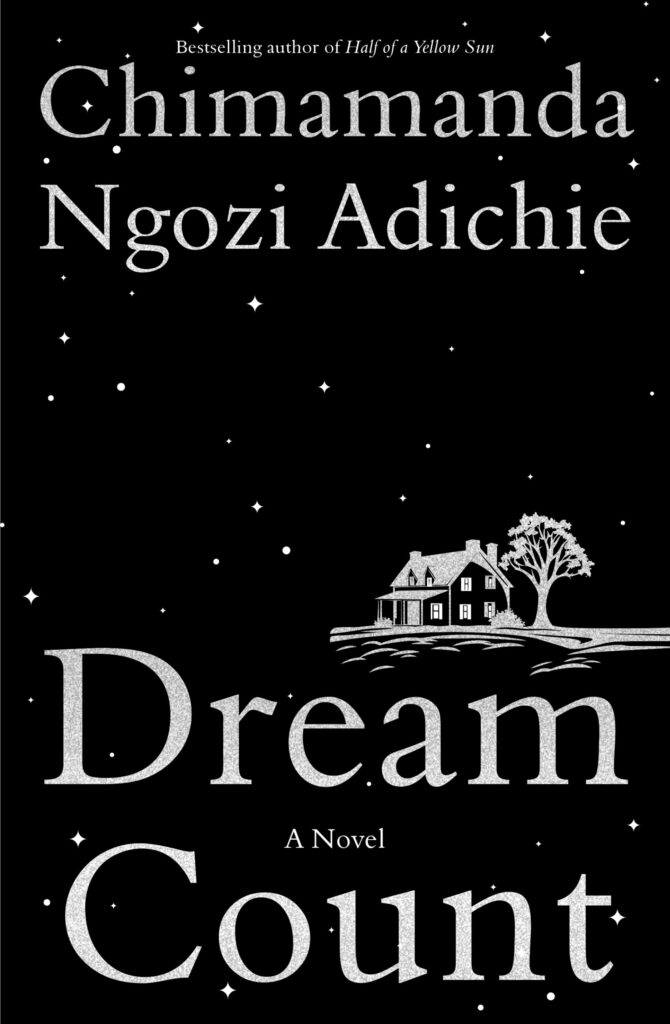President Bola Tinubu has granted presidential pardons to several prominent Nigerians, including late nationalist Herbert Macaulay, former Minister of the Federal Capital Territory (FCT) Major General Mamman Vatsa (retd), and former lawmaker Farouk Lawan, among others.
The decision followed the approval of the National Council of State during its meeting on Thursday at the State House, Abuja.
The move was based on recommendations from the Presidential Advisory Committee on the Prerogative of Mercy (PACPM) chaired by the Attorney-General of the Federation and Minister of Justice, Prince Lateef Fagbemi, SAN.
In a statement by the president’s Special Adviser on Information and Strategy, Bayo Onanuga, Tinubu acted under constitutional powers to grant clemency to deserving individuals who had shown remorse or were unjustly convicted in the past.
The pardon is seen as the culmination of a process that began in early 2024 when the administration reconstituted the PACPM to review old cases of injustice, particularly those with political undertones.
During his Democracy Day address in June 2024, President Tinubu had hinted at plans to heal national wounds and revisit controversial convictions from Nigeria’s colonial and military history.
Macaulay, widely recognised as one of Nigeria’s founding fathers and co-founder of the National Council of Nigeria and the Cameroons alongside Dr Nnamdi Azikiwe, was posthumously pardoned 79 years after his death.
In 1913, while serving as a trustee of an estate, Macaulay was convicted by colonial authorities for alleged misappropriation of funds and imprisoned. Historians have long argued that his prosecution was politically motivated and targeted at silencing his anti-colonial activism.
“Macaulay died in 1946, but the stigma of being an ex-convict was not exorcised from his records until now,” Onanuga stated.
Also pardoned was Major General Mamman Jiya Vatsa, a poet and former FCT Minister, who was executed in 1986 after being convicted of treason under the military regime of General Ibrahim Babangida. His trial and execution remain some of the most controversial in Nigeria’s military history.
The President also granted pardons to four other individuals, including Farouk Lawan, a former member of the House of Representatives, Mrs Anastasia Daniel Nwaobia, Barrister Hussaini Umar, and Ayinla Saadu Alanamu.
Additionally, Tinubu extended clemency to 82 inmates and reduced the prison terms of 65 others. Seven inmates on death row had their sentences commuted to life imprisonment.
The President also formally pardoned the Ogoni Nine, Ken Saro-Wiwa, Saturday Dobee, Nordu Eawo, Daniel Gbooko, Paul Levera, Felix Nuate, Baribor Bera, Barinem Kiobel, and John Kpuine, and conferred posthumous national honours on the Ogoni Four: Chief Albert Badey, Chief Edward Kobani, Chief Samuel Orage, and Theophilus Orage.
The PACPM, inaugurated on 15 January 2025 by the Secretary to the Government of the Federation, Senator George Akume, recommended 175 beneficiaries out of 294 applicants.
According to its report, the committee based its recommendations on criteria including old age, life-threatening illnesses, juvenile offences, long service with good conduct, and demonstrable remorse.
President Tinubu’s decision has been widely described as a historic gesture aimed at healing old wounds, promoting justice reform, and advancing national reconciliation.




